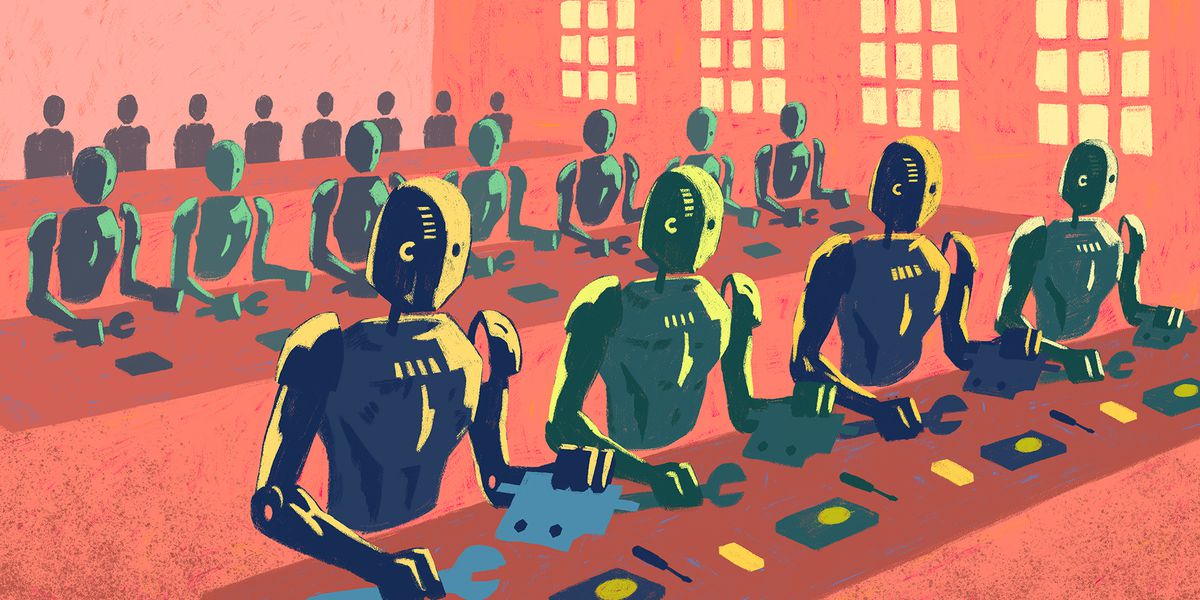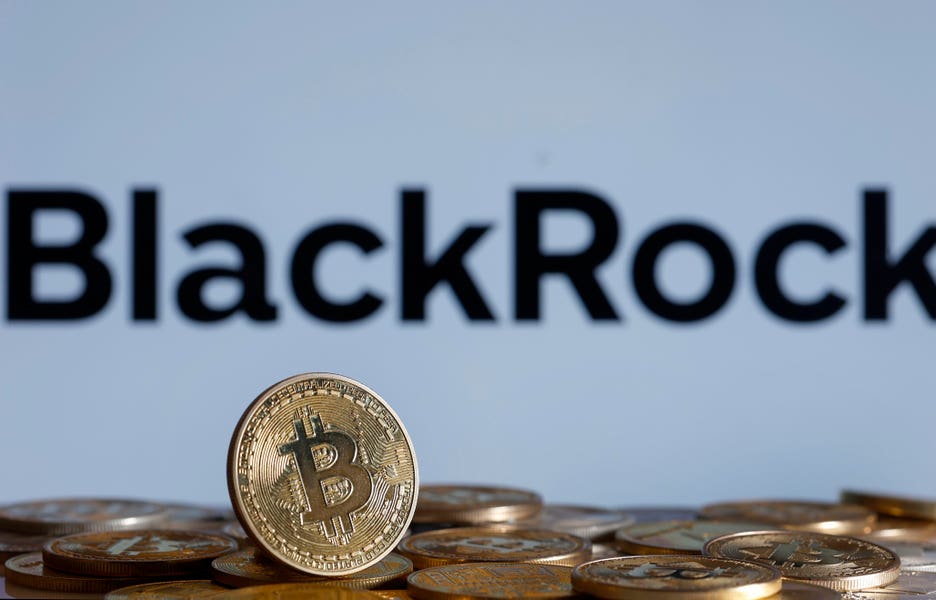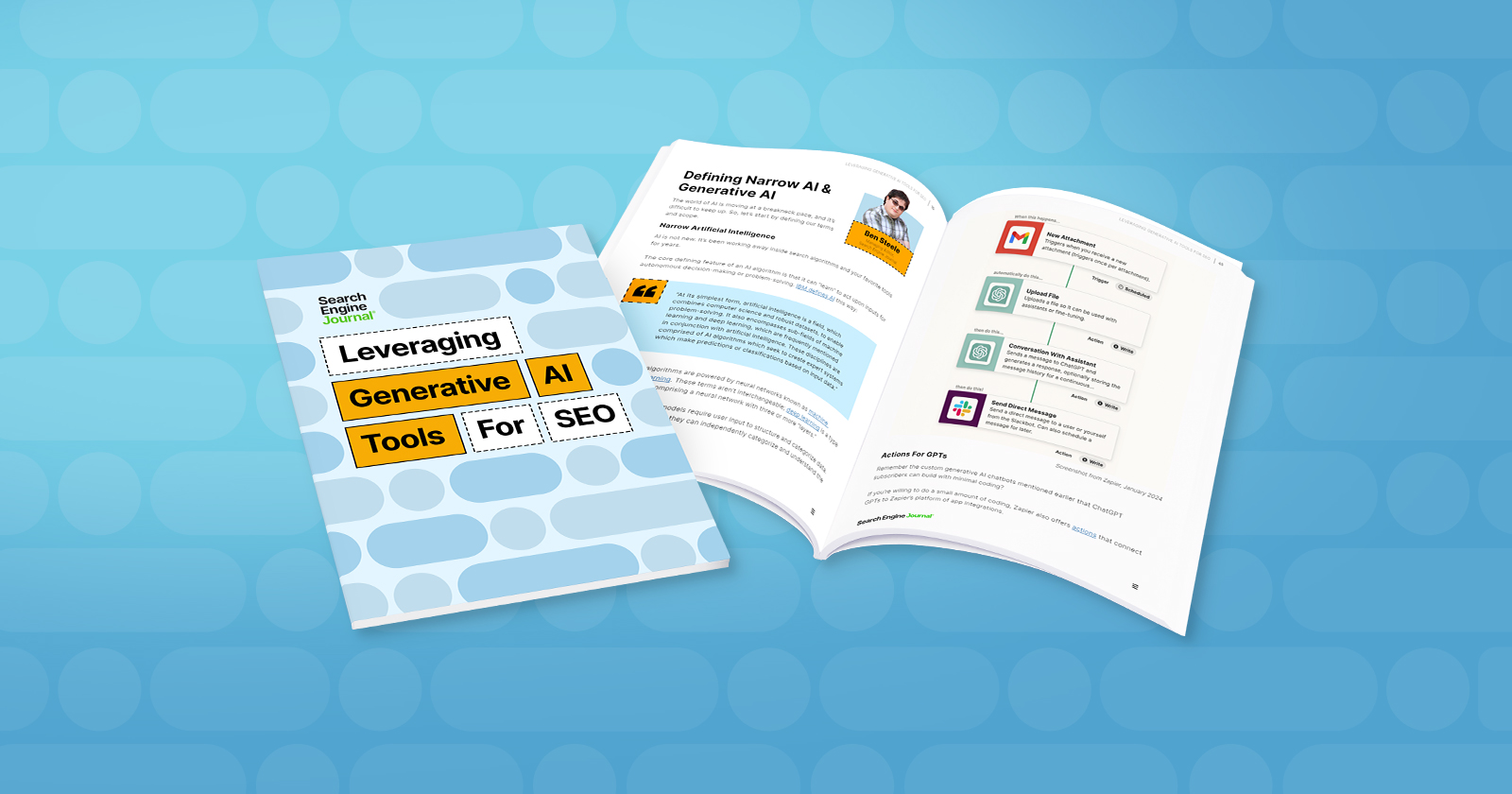Artificial intelligence is already proving to be a lucrative field for many individuals. Jensen Huang, the co-founder and CEO of Nvidia, a leading chip company dominating 80 percent of the data-center AI chip market, has witnessed a remarkable increase in his net worth. In just five years, his wealth has soared from \(4 billion to an impressive \)83.1 billion as of March 24, driven by the insatiable demand for his company’s products.
The company behind ChatGPT, OpenAI, is reportedly valued at \(86 billion, while competitors Anthropic and Inflection stand at \)15 billion and $4 billion respectively based on their recent funding rounds. Although OpenAI’s CEO Sam Altman claims to have no shares in the company, it is highly probable that other AI pioneers and executives have also attained significant financial success, at least on paper.
Despite the current wealth accumulation, some experts believe that this is just the tip of the iceberg. They argue that AI has the potential to not only enrich a select few in the tech industry but also to revolutionize society by driving unprecedented economic growth.
In a report released in 2020, AI researcher Ajeya Cotra from Open Philanthropy suggested that AI advancements capable of catalyzing a surge in economic growth of 20 to 30 percent annually are on the horizon and likely to materialize before 2100. Building on this, her colleague Tom Davidson conducted a detailed analysis in the subsequent year, predicting that per capita economic growth rates of up to 30 percent annually could be achievable this century through AI-driven initiatives.
This ambitious outlook poses a significant departure from historical economic trends. While the US has averaged a modest 3.2 percent annual economic growth since World War II, recent years have seen a decline to 2.2 percent. The concept of sustained growth at a scale of 20 to 30 percent annually has never been witnessed before, surpassing even the remarkable growth periods in England, Japan, and China.
Looking ahead, the potential impact of AI on economic growth is profound. Northwestern economist Ben Jones highlights that with a growth rate of 30 percent per capita, individuals could become a thousand times wealthier within 25 years compared to the present day. This exponential progression could lead to achievements far surpassing all human advancements to date, ushering in a new era of innovation and prosperity.
While some view AI as a mere technological advancement akin to a household appliance, others speculate that it could fundamentally alter the fabric of society, challenging long-held paradigms and reshaping the world as we know it.
In the quest for a growth explosion fueled by AI, researchers have put forth compelling arguments. By examining historical economic trajectories, they suggest that superexponential growth, where the growth rate accelerates over time, is a plausible outcome. This aligns with theories in economics that attribute growth acceleration to population expansion and the subsequent proliferation of innovative ideas.
Moreover, economic models like the Solow-Swan framework indicate that integrating human-level AI could lead to unprecedented growth by eliminating the diminishing returns associated with labor and capital. The ability of AI to enhance the efficiency of capital investments and automate research and development processes could trigger a cascade of advancements, propelling economic growth to new heights.
However, skeptics caution against overly optimistic projections, emphasizing the challenges of achieving human-level AI and its potential limitations. They point to historical trends where automation in certain sectors led to productivity gains but also contributed to job displacement and economic stagnation in other areas.
Ultimately, the debate surrounding the transformative potential of AI remains open. While proponents envision a future of explosive economic growth and technological breakthroughs, skeptics raise valid concerns about the feasibility and implications of achieving human-level AI in the near future. Whether AI will herald a new era of prosperity or present unforeseen challenges, its impact on society is poised to be profound and far-reaching.










